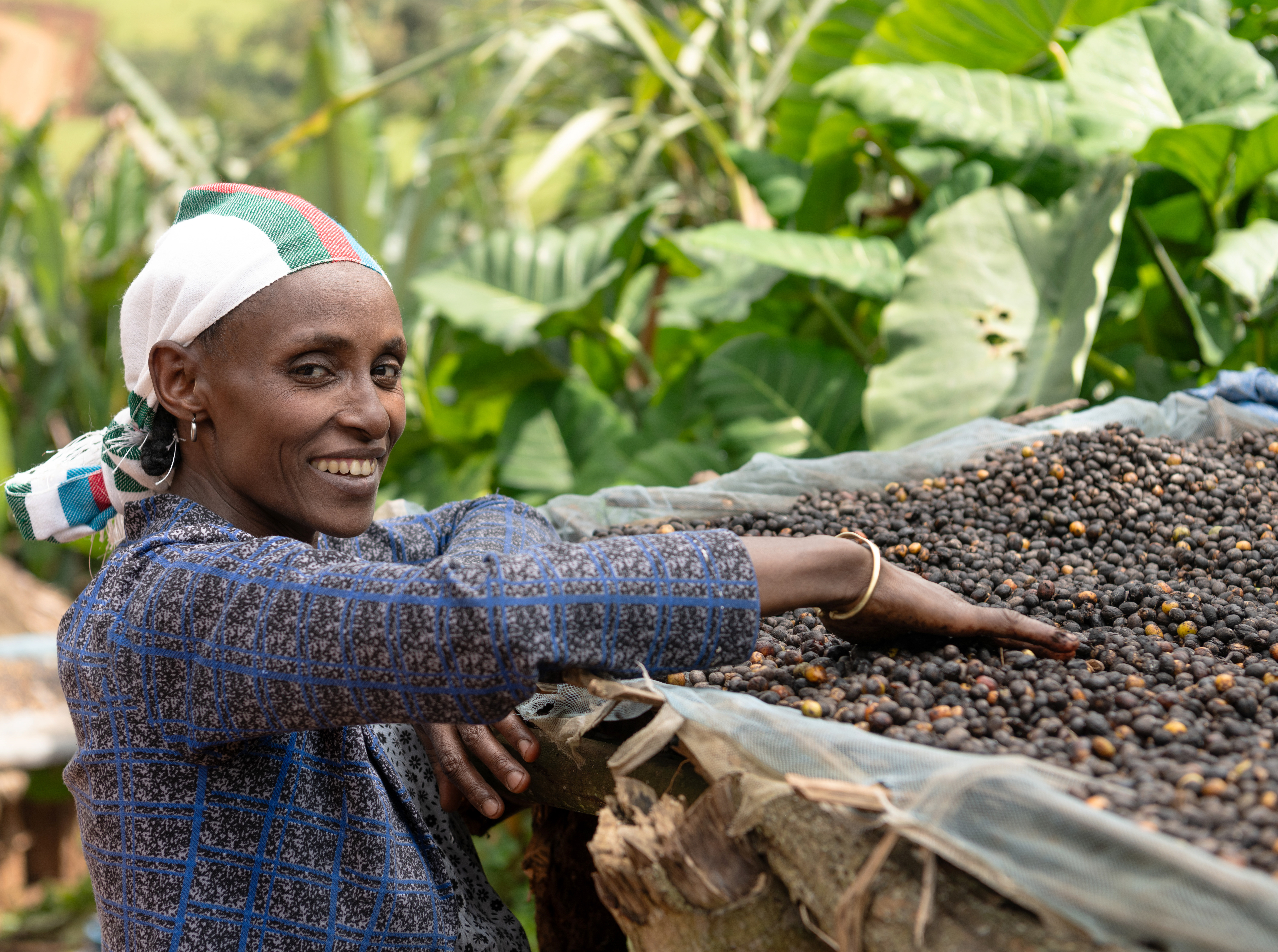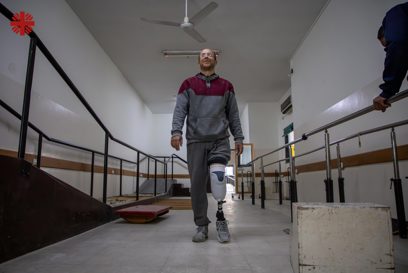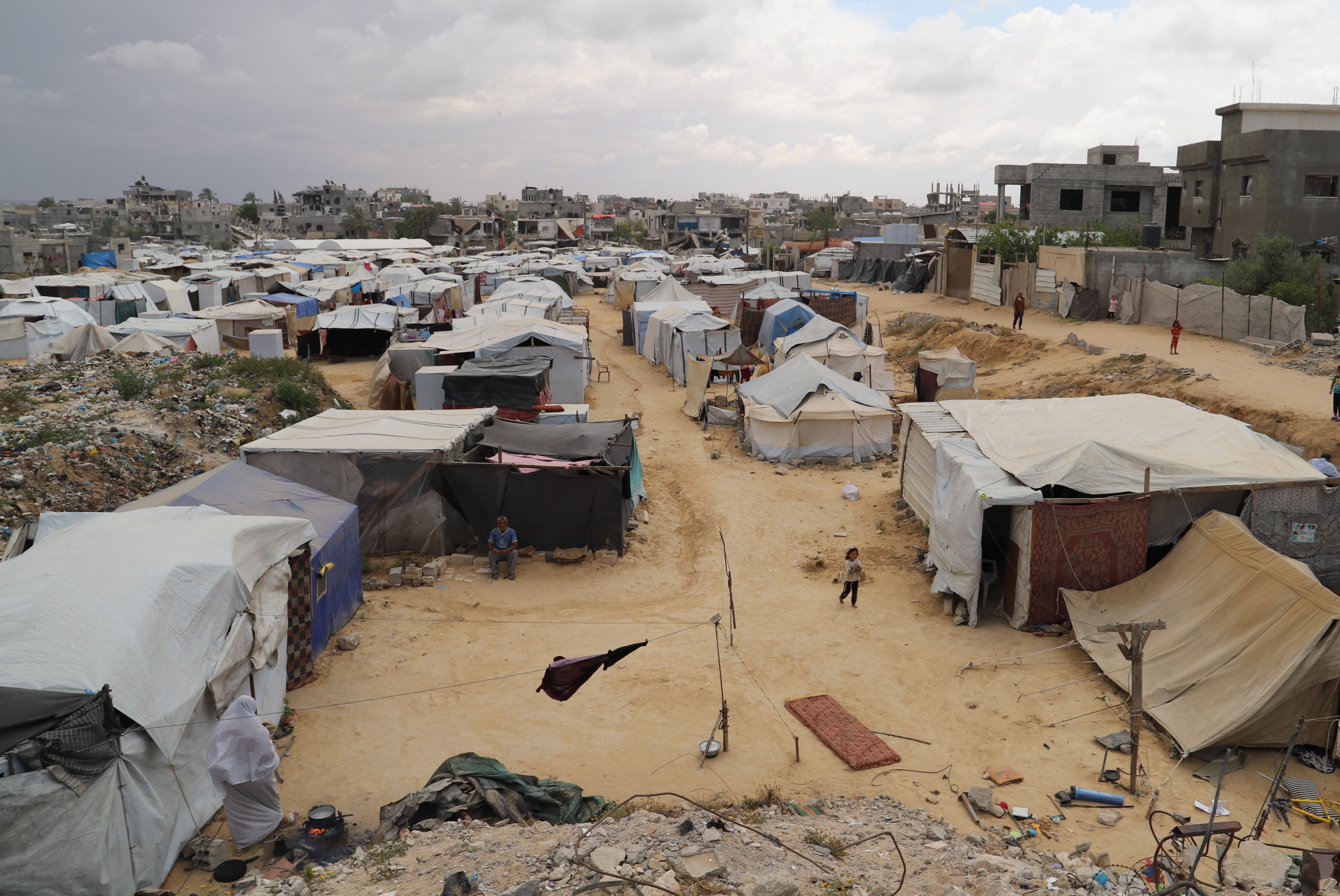Pacific Island countries have made history with the first ever climate declaration in the region to be led by communities rather than politicians.
Major Pacific civil society organisations, including the Pacific Islands Association of NGOs (PIANGO), Pacific Islands Climate Action Network (PICAN), the Pacific Conference of Churches (PCC), Caritas Oceania, 350 Pacific and many grassroots Pacific Island organisations, came together from the 17-19 October last week in Fiji to discuss their shared challenges and put together the Kioa Climate Emergency Declaration 2022.
The Pacific region has previously called for climate action with the Suva Climate Change Declaration (2015), Boe Declaration (2018), Kainaki II Declaration (2019) and the 2050 Blue Pacific Strategy (2022). Yet many of these declarations have been made by leaders, rather than organisations working with the communities who are most affected by climate change.
Small island nations in the Pacific account for only 0.5 per cent of the world’s greenhouse gas emissions, yet they are already facing rising sea levels, extreme weather events like cyclones and king tides, and other devastating consequences of climate change.
The Declaration calls on international governments, including the Australian Government to work for:
- Greater action on mitigation, to reduce greenhouse gas emissions to align to the 1.5C temperature goal, to ensure survival of small island communities.
- Urgent action on adaptation including financing and support for community-led initiatives.
- Urgent progress on the issue of Loss & Damage (L&D) of homes and livelihoods from a changing climate where adaptation is not possible.
- Ensure the just, dignified and safe movement of peoples, in the context of climate change
- Guaranteed access to finance, and the creation of more equitable finance arrangements, beginning with a review of regional and international financial architectures, with inputs from civil society organisations and other stakeholders.
- Ocean policies that are compatible with the climate goals including banning deep sea mining and other destructive practices that endanger the survival of small island communities.
- Achieve inter-generational equity, ensuring we leave a better world for our descendants, by cancelling climate debt and a commitment to a debt-free future.
“Climate change adaptation is a crucial part of this Declaration. We welcome the Albanese Government’s announcement that it will commit an additional $375 million for aid and development in the Pacific region, and we hope that a portion of this will go towards climate change adaptation. This will have a significant impact on the communities who are most impacted by climate change right now in the Pacific,” said Damian Spruce, Caritas Australia’s Advocacy Associate Director.
Media contact: Jessica Stone 0490 684 867 /Jessica.stone@caritas.org.au

















